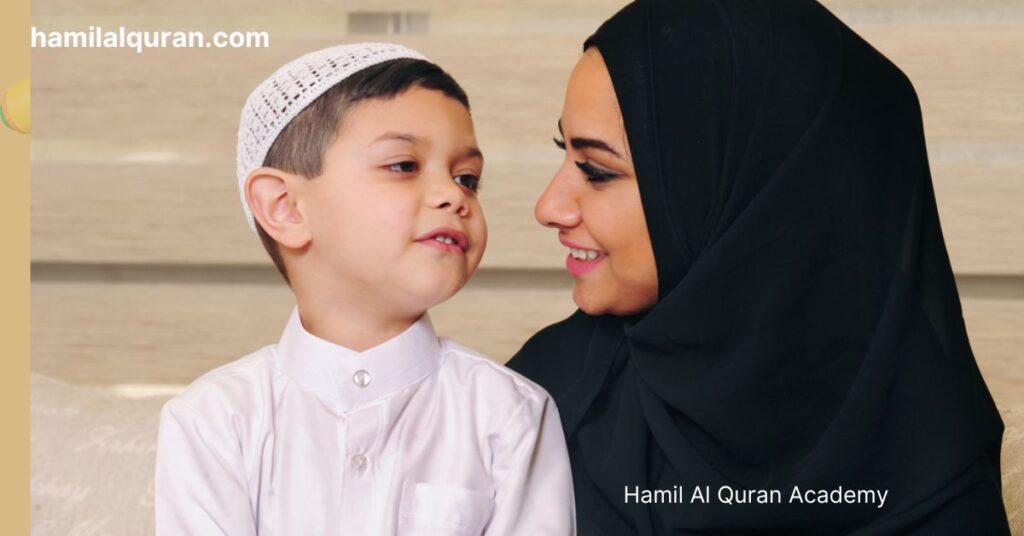The Quran offers a complex and often debated perspective on the roles, rights, and status of women. While some verses promote clear notions of equality and respect, others have been subject to interpretations that seem to limit women’s autonomy. This article aims to explore the multifaceted representation of women within the Quran, exploring themes of rights, societal roles, and the ongoing scholarly discourse surrounding interpretations.
Whether you are seeking to understand the Quran’s teachings on women or are curious about the ongoing debates within Islamic scholarship, this guide will provide a balanced and informative exploration.
Women in the Quranic Narrative
The Quran presents a diverse range of female figures who offer insights into the perspectives on women within early Islamic society. Here’s a closer look:
- Prominent Figures: The Quran highlights several powerful women. Mary, the mother of Jesus, holds a revered position for her piety. The Queen of Sheba is depicted as a wise and just ruler. The wives of the Prophet Muhammad are presented as influential figures within the early Muslim community.
- Agency and Respect: These women, among others, are often portrayed with agency, intelligence, and strong faith. Their stories challenge stereotypes about the passive role of women in the religious context of the Quran.
- Historical Context (Salience): It’s crucial to understand that the Quranic narratives reflect the historical context of pre-Islamic Arabia. The depiction of women within these stories often represents a significant shift from the prevailing social reforms and societal norms of the time.
The Quran on Women’s Rights
The Quran introduced significant reforms aimed at improving the status of women within the context of pre-Islamic Arabian society. Here’s a breakdown of key areas:
- Inheritance Rights: The Quran granted women the right to inherit property, a revolutionary concept in a society where women were often treated as property themselves.
- Marriage and Divorce: Quranic verses established regulations for marriage contracts, and consent in marriage providing protections for women and outlining their rights within marriage. It also introduced avenues for women to initiate divorce under certain circumstances.
- Witness Testimony and Social Rights While certain verses have been interpreted as placing restrictions on women’s witness testimony, it’s essential to examine these alongside broader Quranic principles of justice and social justice and social equity.
- Spiritual Equality: The Quran repeatedly emphasizes the spiritual equality of men and women in the sight of God, emphasizing that righteousness and good deeds are the ultimate measures of a person’s worth.
Women’s Roles in Quranic Society
The Quran acknowledges and defines roles for both men and women within the family structure and broader society. Here are key areas to explore:
- Motherhood and Family: The Quran places immense value on motherhood and the nurturing role of women within families. It emphasizes the importance of strong family structure bonds and mutual respect between spouses.
- Economic Rights: The Quran recognizes women’s rights of economic empowerment, and to own and manage property, engage in business, and retain their earnings. This suggests a potential for economic participation beyond the domestic sphere.
- Education and Social Contribution: While the Quran doesn’t explicitly outline specific professions for women, its emphasis on seeking knowledge and contributing to the community implies that women were not excluded from education or social responsibility.
- Evolving Roles: It’s important to recognize that societal roles for women have evolved. The Quran’s principles provide a foundation for interpretations that support women’s active participation in various spheres of life, following changing social and cultural contexts.

Ongoing Interpretations and Debate
The Quran’s verses related to women have been subject to diverse interpretations throughout history, reflecting evolving social norms and scholarly perspectives. Here’s an overview of this complex landscape:
- Varying Perspectives: Scholars hold a range of perspectives, from traditional to progressive. Some emphasize literal readings of certain verses, while others emphasize broader principles of justice and equality, advocating for a contextual understanding that aligns with modern values.
- Controversial Topics: Debates often center around issues such as polygamy, specific inheritance laws, dress codes, and women’s leadership roles within religious institutions.
- Misinterpretations: The Quran, like any religious text, is vulnerable to misinterpretations that promote patriarchal agendas or justify the oppression of women. It’s crucial to approach interpretations with critical awareness and an understanding of historical context.
- The Importance of Informed Scholarship: Seeking out reliable Islamic scholars who offer nuanced, well-researched interpretations is essential for gaining a balanced and informed understanding of the Quran’s teachings on women.
Conclusion
The Quran offers a multifaceted perspective on women, introducing reforms, emphasizing spiritual equality, and defining societal roles. While some verses may seem challenging to reconcile with modern notions of gender equality, ongoing scholarly interpretations seek to contextualize the Quran’s message within its historical setting while upholding its core principles of justice.
Understanding the complexities surrounding the Quran’s teachings on women requires a deeper exploration of Islamic scholarship. If you’re interested in expanding your knowledge on this topic, Hamil Al Quran Academy offers comprehensive Islamic studies courses. Contact us to learn more about our offerings and begin on a journey of informed understanding.
